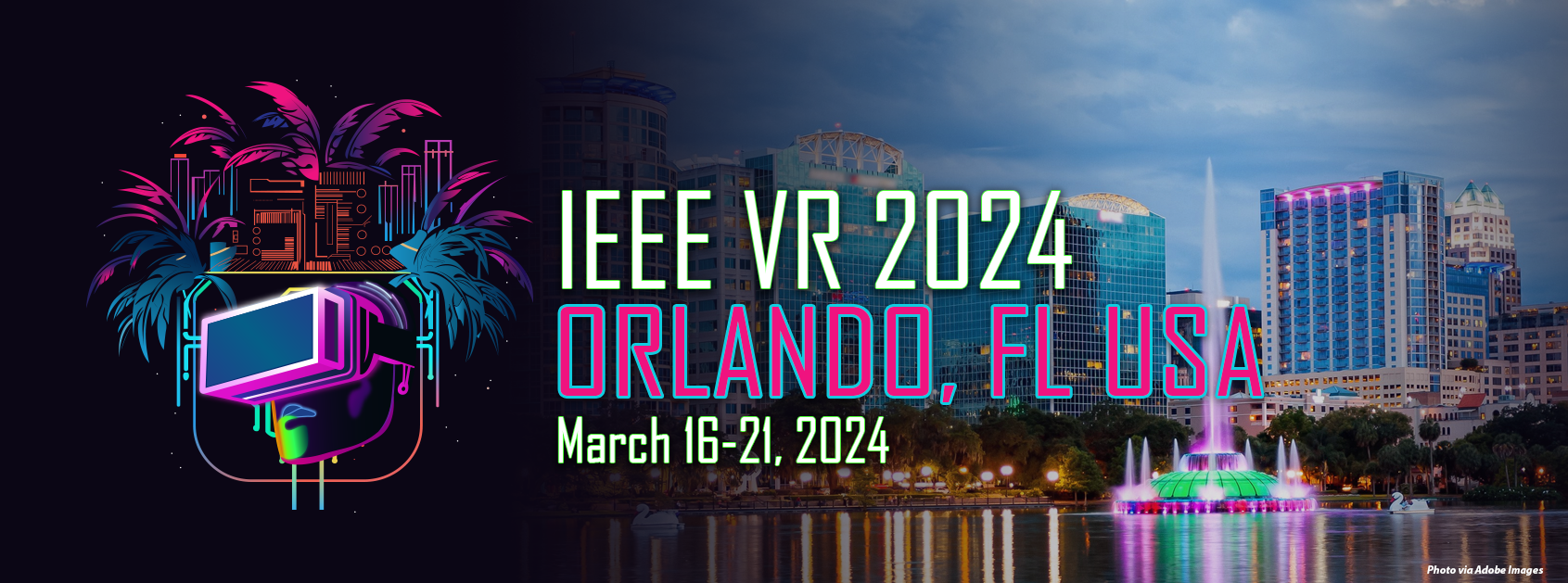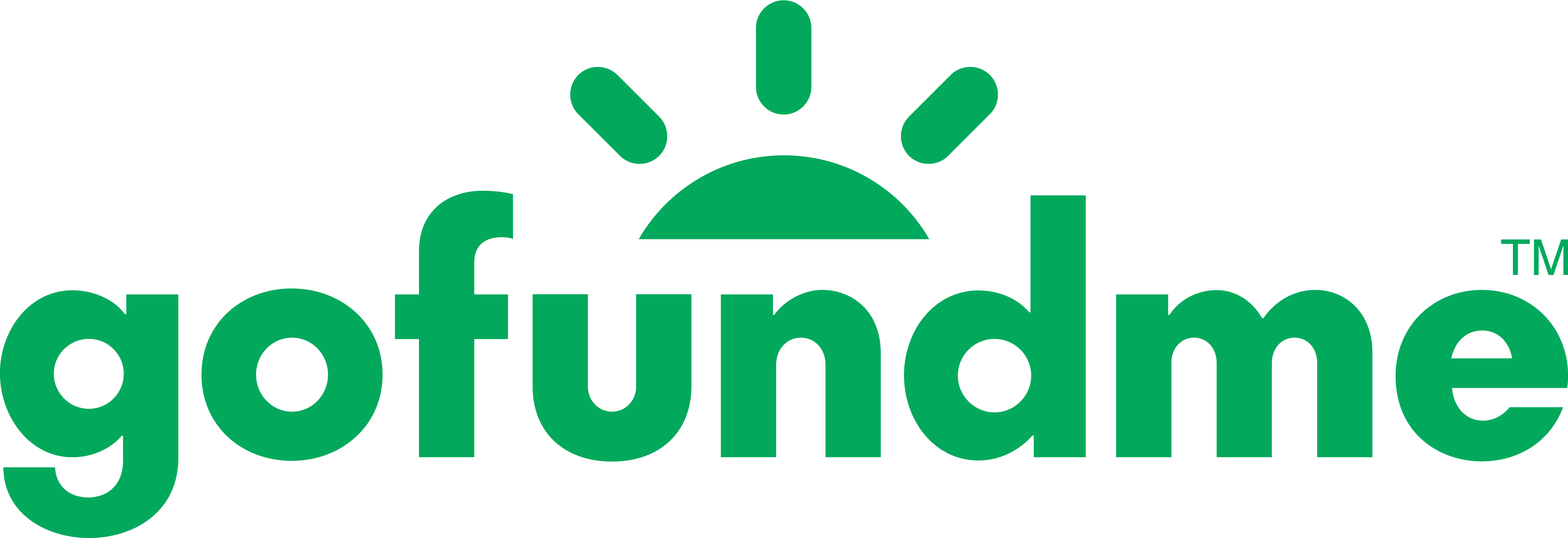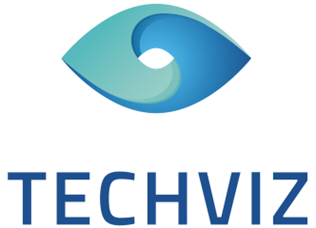
Workshops
Workshop: Animation in Virtual and Augmented Environments (ANIVAE)
Sunday, 17 March 2024, 13:30-17:05 (Orlando, Florida USA UTC-4), Room: Fantasia F
Connecting specialists from various digital humanities research areas (such as animation, games and media studies), with experts from both vision-oriented computer science areas (such as computer graphics or information visualization), and experts from technically-oriented computer science areas (such as data integration, internet-of-things or smart automation), the ANIVAE workshops aims to create an open and exciting environment. By encouraging synergies of interdisciplinary approaches, the workshop maps animation within the AVR context from different angles and creates new knowledge in this research field.
Workshop: Archiving VR (AVR)
Sunday, 17 March 2024, 13:30-17:30 (Orlando, Florida USA UTC-4), Room: Fantasia C
Virtual reality is already over 50 years old. While consumers are now appreciating modern devices that are easy to use, this workshop will celebrate some of the pioneering work that brought us to this point. We are interested in demonstrating, and starting to archive in more detail, not just the hardware, but the experiences that older VR systems presented. Thus, while one can see pictures of old, often cumbersome, head-mounted displays, we feel that there is a need to preserve video, or ideally immersive experiences, of these systems to convey the trajectory of research. That is, we want to explore what was engaging about these immersive experiences, and why they inspired such a wide variety of research and media interest. The goal of the workshop is thus to bring together people interested in the problem of preserving the best possible media about these systems.
Workshop: Workshop on Capturing and Logging Ecological Virtual Experiences and Reality (CLEVER)
Saturday, 16 March 2024, 13:30-17:30 (Orlando, Florida USA UTC-4), Room: Fantasia B
In recent years, researchers have begun capturing and logging data from consumer virtual reality (VR) experiences, such as Half-Life: Alyx and Beat Saber. Such ecologically valid datasets afford numerous research insights and capabilities not possible with traditional study designs and implementations. This workshop focuses on how such ecologically valid datasets can be captured, what insights they afford, and their various use cases (e.g., identifying users based on their VR tracking data). This workshop is also a platform for presenting and discussing datasets captured from openly available VR and extended reality (XR) applications, including non-consumer projects.
Workshop: 3rd Workshop on Datasets for Developing Intelligent XR Applications (Data4XR)
Sunday, 17 March 2024, 9:00-12:00 (Orlando, Florida USA UTC-4), Room: Fantasia E
Our workshop addresses the challenge of limited publicly available datasets for XR research. It provides a platform for domain researchers to find valuable resources and foster interdisciplinary collaborations. By developing data-driven models with machine/deep learning, the workshop aims to unleash the full power of XR and contribute to next-generation applications.
Workshop: 2nd Workshop on Emerging Novel Prototyping Techniques for XR (ENPTXR)
Saturday, 16 March 2024, 13:30-17:30 (Orlando, Florida USA UTC-4), Room: Fantasia E
Extended reality has finally become a mainstream technology. Recent advances in commercial VR and the calls by big tech companies to build the "Metaverse", have increased interest in the medium. This interest forced designers from different backgrounds to look for effective ways to communicate their ideas to technical developers and rapidly prototype effectively for XR. This workshop will bring together researchers and industry practitioners from different backgrounds to discuss the future of prototyping for VR, AR, and 3D User Interfaces, and help chart a course for the future of XR prototyping techniques.
Workshop: 1st Workshop on Gaze and Eye Movement in Interaction in XR (GEMINI)
Saturday, 16 March 2024, 13:30-17:00 (Orlando, Florida USA UTC-4), Room: Fantasia D
The 1st Workshop on Gaze and Eye Movement in Interaction in XR (GEMINI) aims to reflect on the research agenda for gaze-based interaction in extended reality (XR). This is especially important due to the growing integration of eye-tracking technology in modern headsets, which presents significant research opportunities. Researchers and practitioners are invited to contribute and discuss their original research, opinions, and work-in-progress that explore the intricacies of gaze in XR.The objective of this workshop is to bring together researchers and practitioners from different domains to discuss gaze-based research, such as 3D user interfaces, applications, and gaze analysis in XR, and to reflect on the current state and future directions of gaze-based interaction in XR.
Workshop: Third Workshop on Inclusion, Diversity, Equity, Accessibility, Transparency, and Ethics in XR (IDEATExR)
Saturday, 16 March 2024, 8:30-17:30 (Orlando, Florida USA UTC-4), Room: Fantasia F
IEEEVR and ISMAR are premier venues for mixed reality (XR) research that converges hundreds of researchers across disciplines and spectrums of research that includes both technical and human aspects of XR. However, at IEEEVR only 15% of first paper authors are women, and further, approximately 95% of the global population is excluded from VR research resulting in poor generalizability. In addition, Ethics informing XR research has been identified as one of the grand challenges facing human-computer interaction research today, with the replication crisis featuring transparency as a critical step for remediation. These factors make formal discussions surrounding inclusion, diversity, equity, accessibility, transparency, and ethics in XR not only timely, but necessary.
Workshop: 2nd Workshop on Immersive Visualization Laboratories - Past, Present and Future (IVL)
Sunday, 17 March 2024, 8:00-12:00 (Orlando, Florida USA UTC-4), Room: Fantasia D
Over the past 30 years, many research organizations established large-scale immersive visualization laboratories. Some have been very successful, but others are no longer around. With the recent availability of COTS virtual reality devices, the need for larger immersive visualization laboratories comes into question. Some immersive visualization laboratories have moved away from large scale facilities due to the cost of maintaining these more elaborate systems. But can immersive visualization requirements be satisfied solely using COTS VR devices used by researchers in their own office? The goal of this workshop is to gather practitioners from immersive visualization laboratories to share their success stories, information about their hardware setups and the software they used and/or developed. We also hope to bring visualization practitioners together to advance the way our field works with immersive visualization hardware and software frameworks for a sustainable immersive visualization laboratory.
Workshop: K-12+ Embodied Learning through Virtual and Augmented Reality (KELVAR)
Saturday, 16 March 2024, 8:00-12:00 (Orlando, Florida USA UTC-4), Room: Fantasia E
The KELVAR workshop brings together educators, developers and researchers who are interested in creating and deploying XR technologies for current educational contexts and those of the future. You can submit a research or position paper, a demo, or be part of discussion on different approaches for designing and integrating XR technologies in the classroom for K-12, vocational, higher education, and public educational contexts such as museums and galleries.
Workshop: 1st Workshop on Locomotion and Wayfinding in XR (LocXR)
Saturday, 16 March 2024, 8:00-12:00 (Orlando, Florida USA UTC-4), Room: Fantasia B
This Workshop on Locomotion and Wayfinding in XR is intended to initiate novel and deepen existing discussions between researchers and practitioners interested in the broad area of navigation in extended reality. While navigation is one of the most fundamental forms of user interaction required in almost every XR application, existing research still leaves a plethora of open research questions regarding the conceptual design, technical realization, and systematic evaluation of navigation interfaces for particular use cases. In addition, a growing challenge for the research community is the reproducibility of existing interfaces and evaluations, where recent meta-analyses have shown deficiencies in terms of the descriptions of experimental setups, the scientific rigor of the underlying research processes, and the generalizability of results.
Workshop: 2nd Annual Workshop on Multi-modal Affective and Social Behavior Analysis and Synthesis in Extended Reality (MASSXR)
Sunday, 17 March 2024, 8:00-12:30 (Orlando, Florida USA UTC-4), Room: Fantasia C
The 2nd MASSXR Workshop explores the intersection of immersive technologies and social-affective computing, with a focus on the advances and challenges in creating truly user-aware interaction systems within XR environments. The objective is to bring together a diverse group of researchers and practitioners from fields like AI, 3D computer vision/graphics, computer animation, and social-affective computing. The workshop aims to discuss the current state, future directions, challenges, and opportunities in developing immersive embodied intelligence. We believe that the workshop will continue providing collaboration opportunities for researchers and set the stage for future innovations in social XR.
Workshop: Workshop on Novel Input Devices and Interaction Techniques (NIDIT)
Sunday, 17 March 2024, 8:00-17:30 (Orlando, Florida USA UTC-4), Room: Fantasia B
Recent advances in VR display technologies have led to high-resolution, ergonomic, and - critically - low-cost head-mounted displays (HMDs). Advances in commercial input devices and interaction techniques have arguably not kept pace with these advances in display systems. For instance, most HMDs include tracked input devices, but these "controllers" are still fairly similar to the earliest examples of 3D controllers used in the 1980s. Interaction in commercial VR systems has similarly lagged; despite many advances in 3D interaction in the past three decades of VR research, interaction in commercial systems largely relies on classical techniques. This full-day workshop will bring together researchers and industry practitioners to discuss and experience the future of input devices for Virtual/Augmented/Mixed/Extended Reality and 3D User Interfaces and help chart a course for the future of 3D interaction techniques. We invite authors to submit 4-6 page papers and of all accepted submissions are strongly encouraged to demonstrate their novel input device and interaction techniques in an interactive demo format following their presentation.
Workshop: Open Access Tools and Libraries for Virtual Reality (OAT)
Sunday, 17 March 2024, 13:30-16:30 (Orlando, Florida USA UTC-4), Room: Fantasia D
Open access tools are also critical to eliminate redundancies and increase world research collaboration in VR. At a time when academic research is growing, it also needs to move as fast as industry, collaboration and shared tools are the best way to do it. In this scenario, it is more important than ever that academic research builds upon best practices and results to amplify impact in the broader field. In this workshop, we will explore these open-access tools, their accessibility, and what type of applications they enable. We invite all researchers to join the third edition of this workshop. We also invite submissions on technical and systems papers that describe new libraries and or new features on existing libraries.
Workshop: 1st Workshop on Perception and AnimatioN of Dissimilar AvatarS (PANDAS)
Sunday, 17 March 2024, 8:00-12:00 (Orlando, Florida USA UTC-4), Room: Fantasia F
Virtual Reality (VR) allows unique experiences where users can embody avatars that go beyond the limit of their real bodies. Such avatars may also be called dissimilar avatars as they differ from users' real bodies by either subtle modifications (e.g., another body proportion) or more extreme body changes (e.g., robot, animal, etc.). Their diverse applications range from the film industry to environmental purposes. However, the study of dissimilar avatars is a complex multidisciplinary topic and a lot of challenges remain to be overcome to fully take advantage of their benefits (lack a common understanding, complex algorithms for animation, multisensory feedback, difficulties to provide a Sense of Embodiment, etc.). The goal of PANDAS is to present state-of-the-art research on dissimilar avatars, show examples of control/perception/interaction/animation with such bodies, and discuss future work and requirements for improving and developing new types of avatars.
Workshop: 3D Reconstruction, Digital Twinning, and Simulation for Virtual Experiences (ReDigiTS)
Sunday, 17 March 2024, 10:30-12:00 (Orlando, Florida USA UTC-4), Room: Fantasia A
Today, Extended Reality (XR) technologies are becoming fundamental across a wide variety of application domains. Areas in which XR technologies and, in particular, immersive experiences have been successfully introduced and expanding daily, range from traditional areas, such as entertainment and video game production, to novel scenarios, such as industry, healthcare, smart cities, and autonomous vehicles, to mention a few. Moreover, the availability of new hardware and software tools makes it easier to design and develop "3D reconstructions", "digital twins" and "simulations", which have now become pivotal components in many XR applications. The ReDigiTS workshop aims to attract a collection of high-quality submissions describing research activities targeting the next generation of immersive experiences, reporting the latest ideas, methodologies, applications, evaluations, case studies, prototype implementations, preliminary results, and demos concerning 3D reconstruction, digital twinning, and simulation in VR and related technologies.
Workshop: 5th Annual Workshop on 3D Content Creation for Simulated Training in eXtended Reality (TrainingXR)
Sunday, 17 March 2024, 13:30-17:30 (Orlando, Florida USA UTC-4), Room: Fantasia A
This workshop discusses and articulates research visions on using the latest extended reality (VR/AR/MR) technologies for education and training purposes, and on creating immersive 3D virtual content for delivering effective and personalized training experiences. This workshop will gather researchers and practitioners in a variety of computer disciplines related to XR training and content creation. This workshop will accept research papers on these topics. We will also invite renowned speakers from the research community and the industry to give talks related to XR-based training to inspire the field to further explore this promising direction.
Workshop: 8th Workshop on Virtual Humans and Crowds in Immersive Environments (VHCIE)
Saturday, 16 March 2024, 13:30-17:30 (Orlando, Florida USA UTC-4), Room: Fantasia A
Today, many tools, are available to design believable virtual humans and crowds in immersive virtual environments, interacting with each other and with users. A wide range of applications can be envisioned, ranging from virtual tour to the creation of virtual platforms for training or studying human behavior, or even the reproduction of a concert. However, several challenges are still open concerning the multimodal representation of interactions, the responsiveness of virtual humans to the user at the verbal and non-verbal communication levels, or the understanding of the impact of individual and situational factors in social interactions in populated environments. The goal of the VHCIE workshop is to generate discussions on the latest research related to these issues in a cross-community approach. VHCIE 2024 also aims to be more inclusive, giving students the opportunity to present their ongoing projects and questions in an informal mentoring session.
Workshop: 5th Workshop on Immersive Sickness Prevention (WISP)
Saturday, 16 March 2024, 13:30-17:30 (Orlando, Florida USA UTC-4), Room: Fantasia C
The Workshop on Immersive Sickness Prevention is intended to foster discussion between researchers, developers, and practitioners interested in addressing cybersickness, one of the most significant usability issues in the virtual reality field. Although immersive technologies have been advancing rapidly, their rate of public adoption has been slowed by the fact that many users experience physical discomfort during or after the use of VR devices, with symptomatic characteristics similar to motion sickness. Furthermore, studies have consistently shown that motion sickness disproportionately affects women, and concerns have been raised about the existence of inequitable barriers for engaging with immersive media. The workshop program will include primary research papers that report study results, novel interaction techniques, or technological interventions aimed towards understanding and mitigating cybersickness, as well as position papers describing early-stage concepts, preliminary results, or case studies from industry.
Workshop: 1st Workshop on Seamless Reality: AR Technologies for Seamless Perception and Cognition between Cyber and Physical Spaces (WSR)
Saturday, 16 March 2024, 8:25-12:05 (Orlando, Florida USA UTC-4), Room: Fantasia D
In this workshop, we will focus on the theme of "Seamless Reality," aiming for the seamless integration of cyber and physical spaces, following the development of VR/AR display technology and perception understanding. We define "Seamless Reality" as a concept that seamlessly integrates physical perception with behavior and cognition between cyber and physical spaces.
Workshop: First Workshop on eXtended Reality Gaming (XRGaming)
Saturday, 16 March 2024, 8:40-12:00 (Orlando, Florida USA UTC-4), Room: Fantasia C
This workshop discusses and articulates research visions on using the latest extended reality (VR/AR/MR) technologies for gaming and entertainment, and on creating immersive 3D virtual content for XR gaming experiences. We will gather researchers and practitioners in a variety of computer disciplines related to XR gaming and game content creation. This workshop will accept research papers on these topics. We will also invite renowned speakers from the research community and the industry to give talks related to XR game design, research, development, and testing to inspire the field to further explore this promising direction, and to facilitate interdisciplinary collaborations.
Workshop: 3rd International Workshop on eXtended Reality for Industrial and Occupational Supports (XRIOS)
Saturday, 16 March 2024, 8:00-12:00 (Orlando, Florida USA UTC-4), Room: Fantasia A
This workshop--eXtended Reality for Industrial and Occupational Supports (XRIOS)-aims to identify the current state of XR research and the gaps in the scope of human factors and ergonomics, mainly related to the industrial and occupational tasks, and discuss potential future research directions. XRIOS will build a community that bridges XR developers, human factors and ergonomics researchers interested in industrial and occupational applications.
Workshop: 1st Workshop on Extended Reality for Knowledge Work (xrWORKS)
Sunday, 17 March 2024, 13:30-17:30 (Orlando, Florida USA UTC-4), Room: Fantasia E
The 1st Workshop on Extended Reality for Knowledge Work (xrWORKS) aims to bring together researchers interested in using extended reality technologies for supporting knowledge work. This workshop aims to create a space where both academic and industry researchers can discuss their experiences and visions to continue growing the impact of XR in the future of work. Through a combination of position papers, in-person demonstrations, and a brainstorming session, we aim to reach a more complete understanding of the space and debate future research agenda. "KnowledgeWork" follows the definition initially coined by Drucker (1966) where information workers apply theoretical and analytical knowledge to develop products and services. Much of the work might be detached from physical documents, artifacts, or specific work locations and is mediated through digital devices such as laptops. Workers include architects, engineers, scientists, design thinkers, public accountants, lawyers, and academics, whose job is to "think for a living".

Conference Sponsors



Doctoral Consortium Sponsors

Supporters





